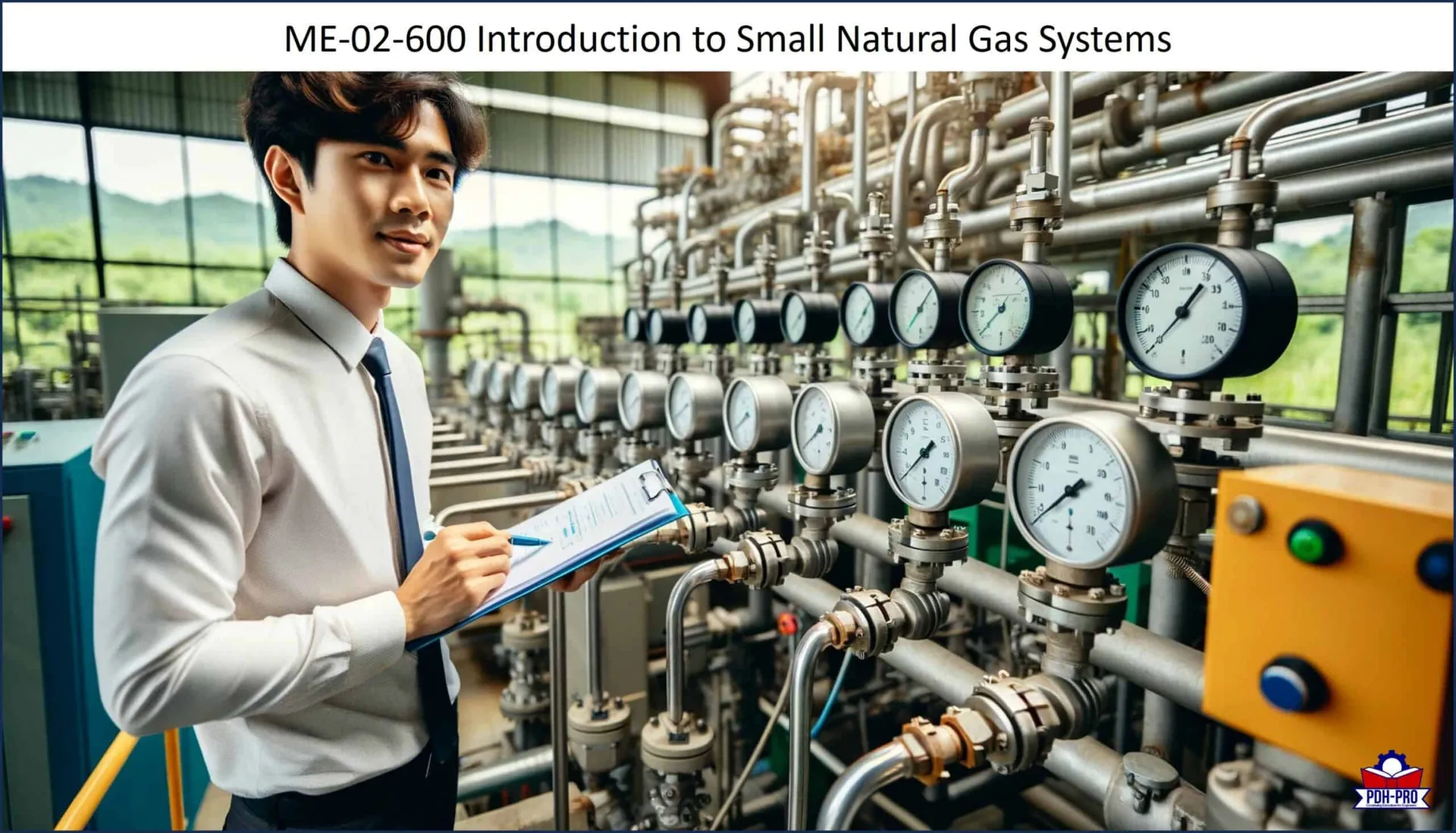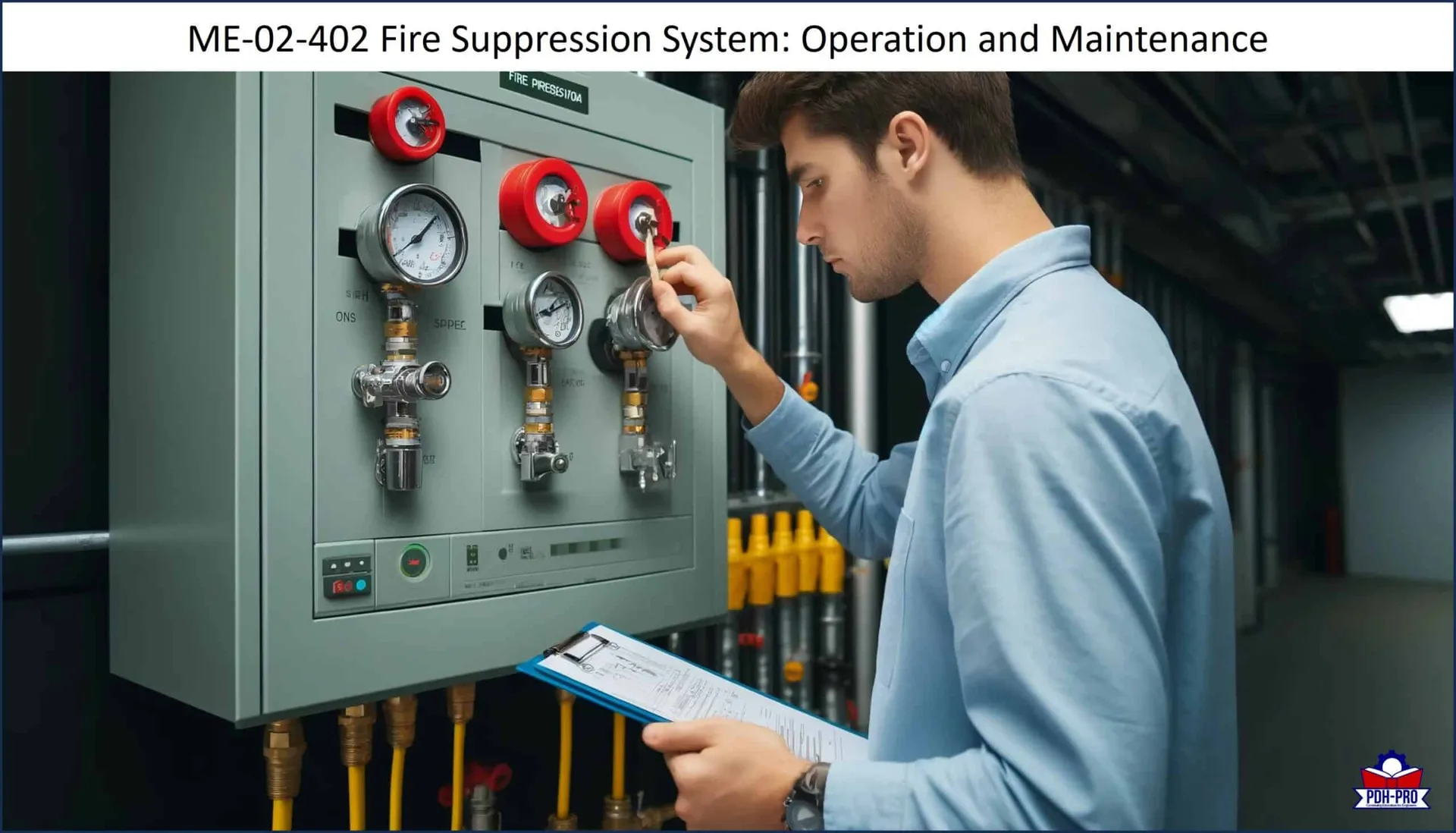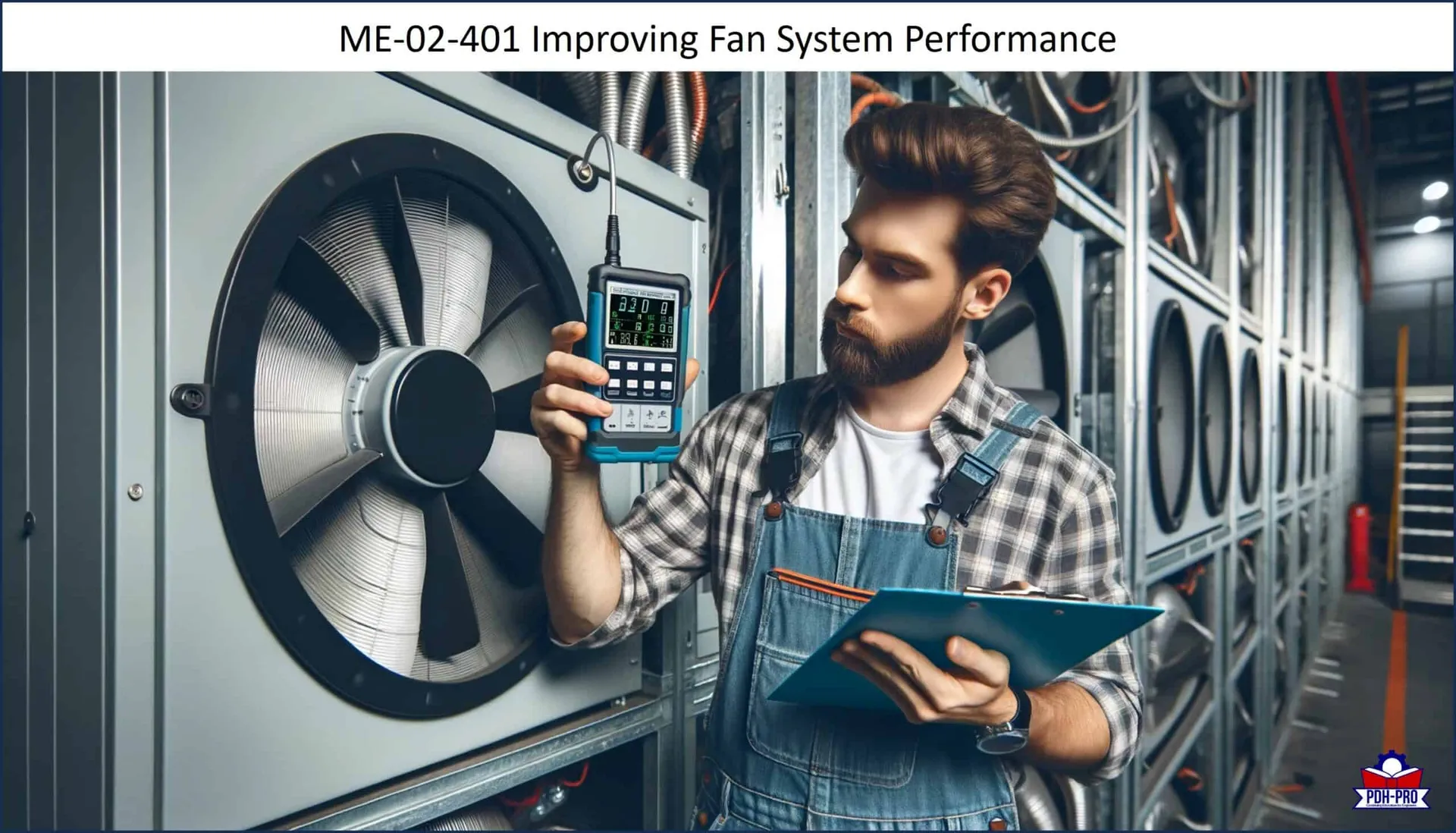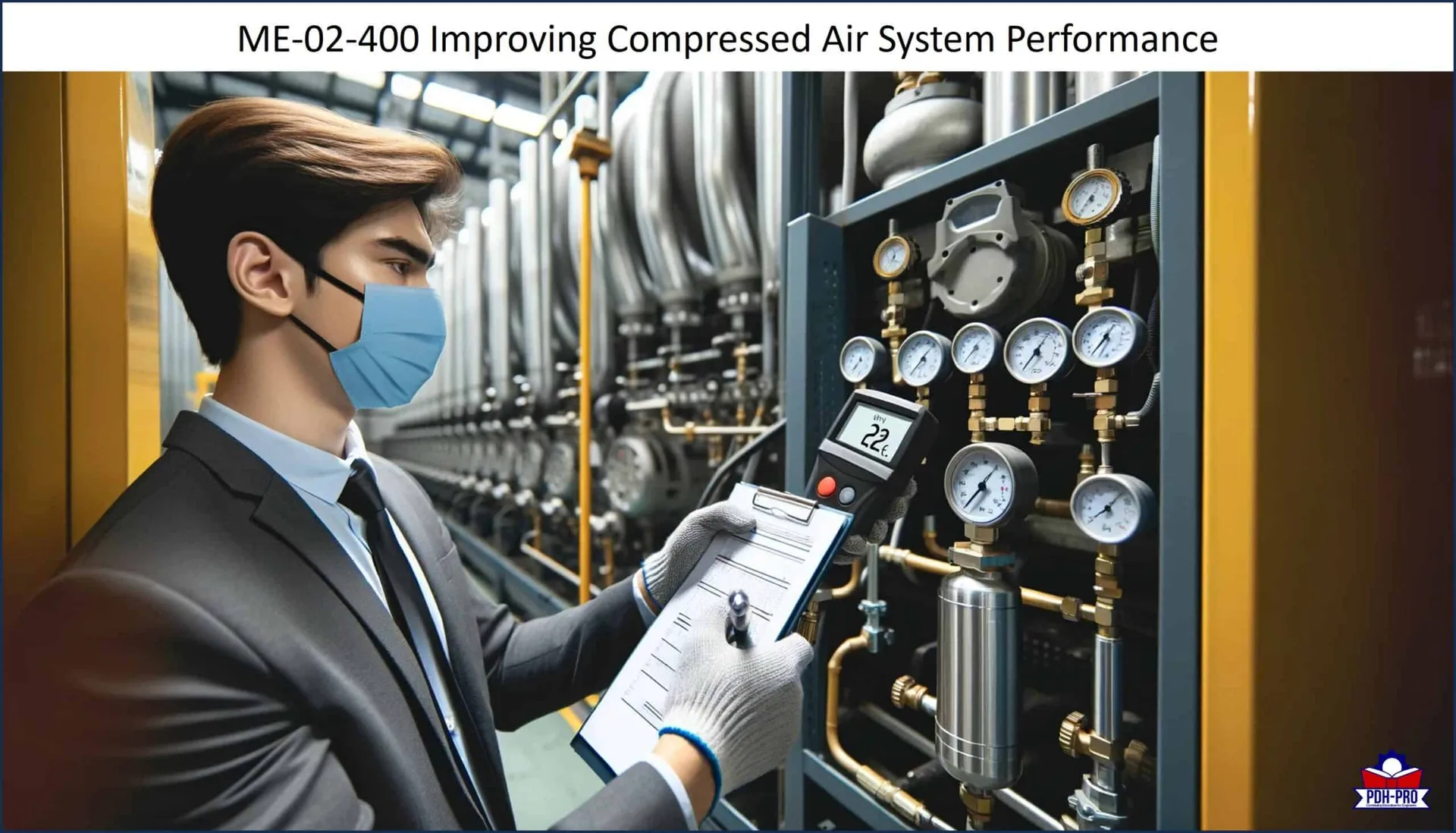
- Home
- Contact Us
- Corporate Solutions
- Webinars
- Packages
- Courses
- Categories
- Live Webinars
- Packages
- Chemical Engineering
- Civil Engineering
- Electrical Engineering
- Petroleum Engineering
- Environmental Engineering
- Geotechnical Engineering
- Mechanical Engineering
- Structural Engineering
- Sustainability
- State Rules and Regulations
- Ethics and Law
- Project Management
- HSSE
- Petroleum Engineering
- Timed & Monitored – Ohio
- On Demand Webinars
- More
Course Modern 3 Columns
Condimentum Cursus Lorem ParturientIntroduction to Small Natural Gas Systems
Introduction to Small Natural Gas Systems The U.S. Office of Pipeline Safety promotes the safe transportation of natural gas by pipeline. This course provides an overview of pipeline compliance responsibilities under the federal pipeline safety regulations. It presents the technical language of the regulations in “plain English” for enhanced comprehension. It also provides details of…
The Role of Energy Storage with Renewable Energy
The Role of Energy Storage with Renewable Energy Renewable energy sources, such as wind and solar, have variable and uncertain (sometimes referred to as “intermittent”) output, which are unlike the dispatchable sources used for the majority of electricity generation in the United States. The variability of these sources has led to concerns regarding the reliability…
Air Cooled Absorption for Power Applications
Air Cooled Absorption for Power Applications Combined Heat and Power (CHP) systems are widely used in the U.S. in industrial and institutional applications, but are relatively uncommon in commercial-building applications. Air-cooled lithium bromide (LiBr)-water absorption chillers offer a lot of potential; however, technical barriers to air-cooled operation exist, such as the increased tendency for LiBr…
Fire Suppression System: Operation and Maintenance
Fire Suppression System: Operation and Maintenance The objective of ITM for fixed fire protection systems is to assure that the systems will function on demand. RCM analysis identifies any defects responsible for system malfunction and how they can be detected and corrected before a fire. A byproduct of RCM analysis is a list of ITM…
Improving Fan System Performance
Improving Fan System Performance This course is designed to provide engineers and fan system users with a detailed description of various strategies to improve the performance of industrial fan systems. It presents practical guidelines for the design and operation of fan systems and reviews strategies to improve the overall performance of fans and duct systems…
Improving Compressed Air System Performance
Improving Compressed Air System Performance This course is designed to provide compressed air system users with a reference that outlines opportunities for system performance improvements. It identifies an array of potential performance improvements, details some of the significant opportunities, and identifies additional sources of information. The course presents a detailed overview of the main components…





